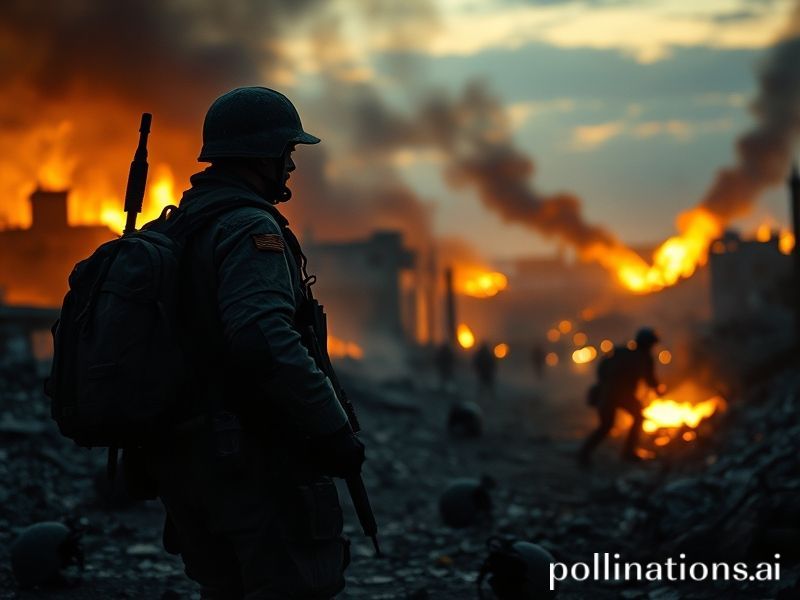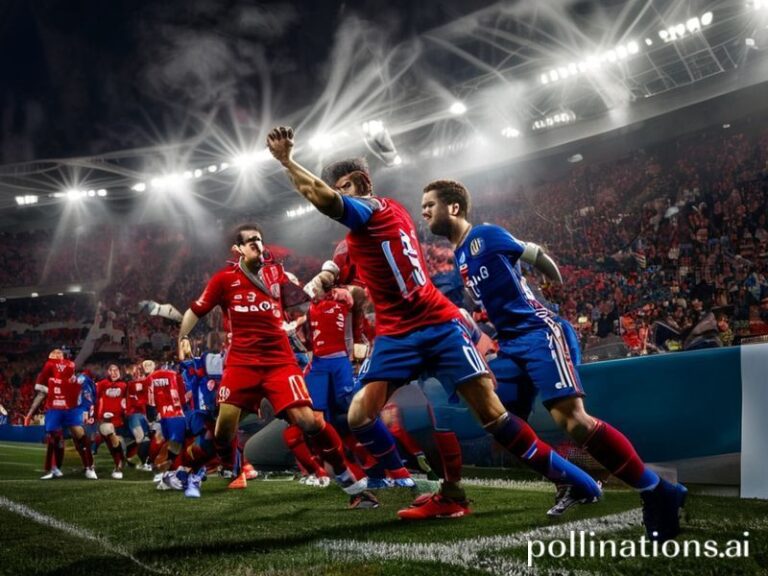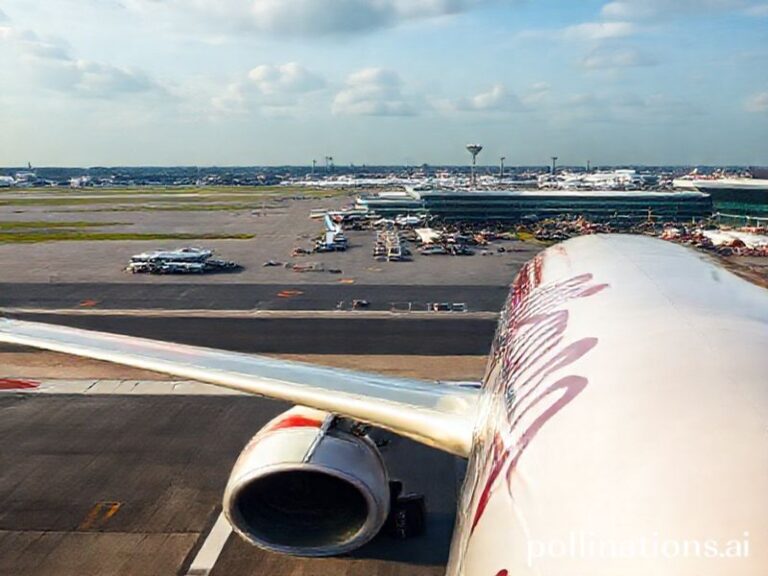Global Warfare, Popcorn Optional: How ‘One Battle After Another’ Became the Whole Planet’s Guilty Pleasure
One Battle After Another: The Cinematic Requiem for a World That Never Stops Fighting
By Our Man in the Projection Booth, Somewhere Over the Atlantic
Somewhere between the 38th parallel and the popcorn-scented lobby of a multiplex in Manila, “One Battle After Another” has become more than a movie title—it’s a geopolitical weather forecast. The film, a brutally efficient two-hour montage of drone strikes, corporate boardroom coups, and marital spats that somehow bleed into proxy wars, premiered simultaneously on 4,000 screens and one rogue Netflix account in Pyongyang. The North Koreans thought it was a documentary; the rest of us recognized it as Tuesday.
The plot, for the statistically inclined, is elegantly recursive: every character wins a skirmish only to inherit a larger, more expensive one. A Ukrainian drone pilot vaporizes a supply convoy, earns a promotion, and is immediately reassigned to defend a lithium mine in the Congo—because nothing says “thank you for your service” like 14-hour shifts over coltan dust. Meanwhile, in a glass tower in Dubai, a venture capitalist short-sells the very same mine’s parent company, schedules a TED talk titled “Ethical Conflict as Growth Strategy,” and still finds time to ghost his therapist. The audience laughs, because screaming would be impolite.
International critics have called the film “a trench-level satire of late-capitalist whack-a-mole,” which is code for “it’s funny until you remember your pension is invested in defense ETFs.” French reviewers praised the mise-en-scène; Russian trolls praised the realism; American audiences asked if there was a post-credit scene teasing a class-action lawsuit. The Chinese censors trimmed six minutes, not for violence but for “excessive pessimism,” replacing them with a title card that reads, “And then everyone found sustainable solutions.” It may be the scariest jump scare of the year.
What makes the picture resonate from Lagos to Lisbon is its unspoken thesis: battles no longer end, they merely rebrand. Yesterday’s Cold War is today’s climate war, tomorrow’s water war, next week’s Twitter ratio. The film’s marketing team leaned into this by launching an alternate-reality game in which viewers compete to predict the next theater of conflict. Top prize is a zero-hour contract as a UN peacekeeper. Second prize is two zero-hour contracts. No one has claimed third prize yet; rumor says it’s citizenship in a micronation that only exists on Discord.
Diplomats, ever the killjoys, have started quoting the movie in briefings. A leaked cable from the German foreign office describes the EU’s energy policy as “basically the third act but with less Wagner.” The Japanese defense white paper cites a scene where a general sells his medals to buy NFTs of the medals, calling it “forward-thinking deterrence.” Even the Vatican weighed in, praising the film’s “theology of infinite escalation,” which is the most Jesuit phrase ever committed to parchment.
And yet, for all its globe-trotting carnage, the picture’s sharpest sting is domestic. In a quiet interlude, a Lagos mother argues with her teenage son about whether school exams or insurgent checkpoints are the greater threat to his future. The kid shrugs: “At least the checkpoint guys tell you when you fail.” It’s the kind of line that gets tweeted by arms dealers and guidance counselors alike, proving that nihilism is the last truly universal language.
By the time the credits roll—over drone footage of a refugee camp that slowly zooms out to reveal it’s shaped like a QR code linking to the film’s merch store—the viewer is left with the distinct impression that the projector itself is reloading. Outside, real-world headlines scroll by like poorly timed subtitles: coups, wildfires, crypto crashes, celebrity divorces. The boundary between film and feed dissolves faster than a dissident’s passport.
So we shuffle out, blinking in the neon spill of concession stands selling “Conflict-Free Popcorn” at a 30% markup. Somewhere a studio executive is already green-lighting the sequel: “One Battle After Another: The Re-Up.” Working title, of course. The focus groups prefer “Perpetual Peace™.”
After all, the only thing humanity loves more than fighting is branding.







